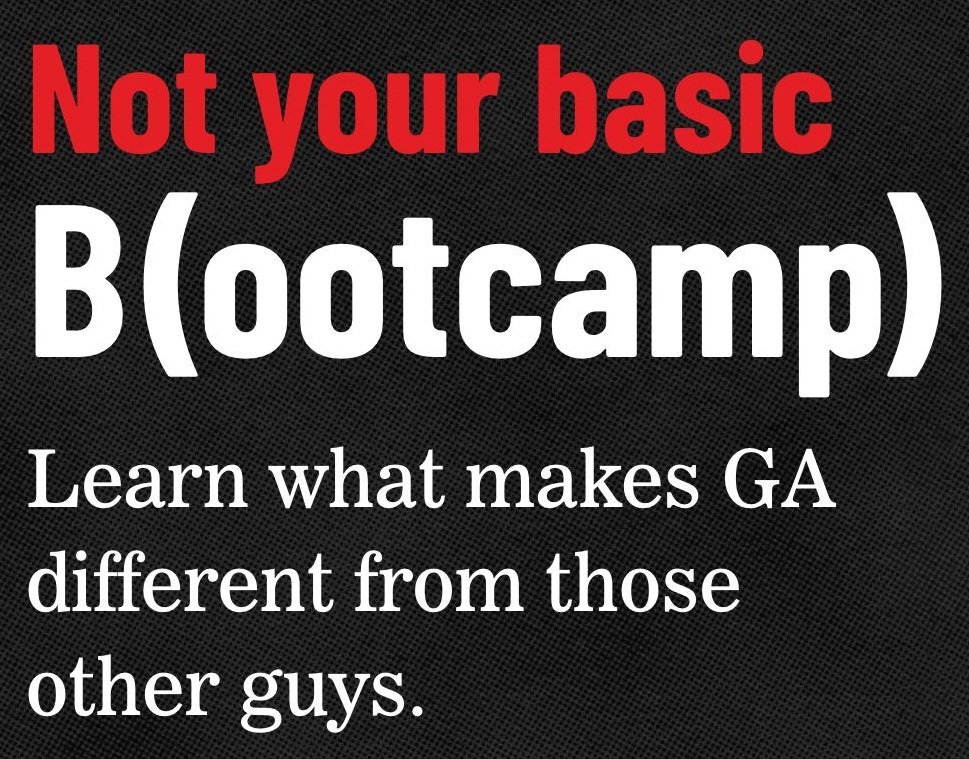THE LATEST TECH WORKFORCE TRENDS. RIGHT HERE.
What’s trending now? We help you keep up. As the top name in tech training, we partner with top business leaders and other experts to stay ahead of what’s next – and help you stay up to speed.
NOT YOUR BASIC BOOTCAMP
At 足球竞彩网 Assembly, we’re not just another tech bootcamp. We’re the pioneers, the trailblazers, and the innovators of the tech education landscape.

LATEST POSTS
Loading, please wait…
NO RESULTS FOUND
Looks like we couldn’t find a match. Try broadening your search.
Let’s Connect
Whether you’re an employer looking to level up your tech team or a learner here to transform your career, we’re ready to help. Give us your info — and we’ll get in touch.
